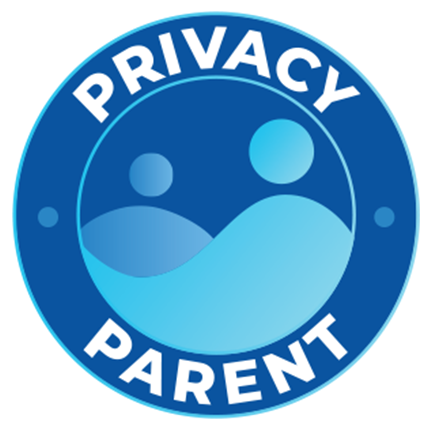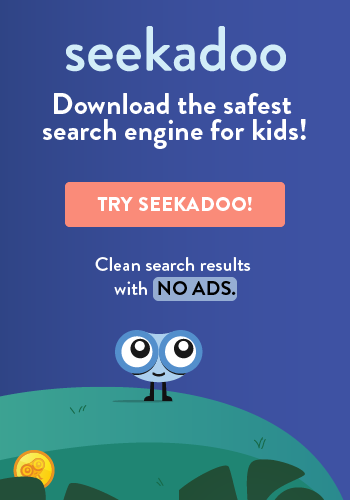
What’s the difference between a browser and a search engine? Think of it this way: A browser is your public library: the building, the tables, the shelves, the librarians—all of it. A search engine is the card catalog. If car analogies work better for you, a browser is your Buick Roadmaster; a search engine is the map spread across the seat. We all use both of them all the time, but they’re different, and it’s important to understand how.
The Browser aka the Library aka the Buick
A browser is a program—a piece of software—that allows you to interact with, or explore, the World Wide Web. Your browser, be it Chrome, Firefox or any of the others, is what you use to “go online.” If you’re reading an article on the New York Times website about castle ruins in Wales, for example, you’re doing so through, and with, your browser.
The Search Engine aka Card Catalog aka Map
Now, if that article sparks your curiosity about chivalry, say, then you’ll use your browser to summon up a search engine—something like Google or Yahoo (or our sister product, Seekadoo, for your kids)—to scratch that itch. The search engine, which is itself a website, will pore through the internet to find the most relevant sites about chivalry. Click on a link that seems promising, and your browser will bring that site to you.
What They Know About You
For the most part, both the browser and the search engine will keep some kind of records of that process. The browser collects just about everything, recording which sites you visit, what you search for, what you click on. When you buy a replica knight’s helmet, it gathers that data. The search engine records your search term, the results of the search and which links you choose. But it doesn’t “follow” your travels through the web. Unless it stipulates otherwise, your browser likely does. Which doesn’t sound all that chivalrous.







